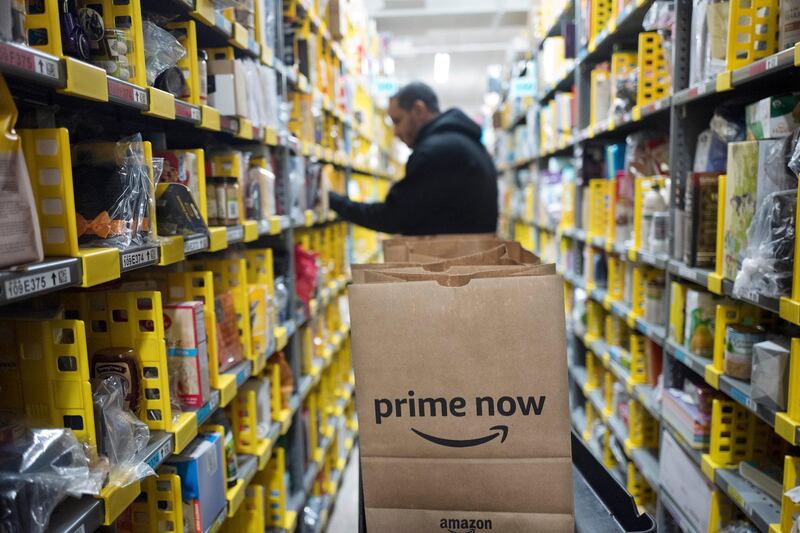The growth of e-commerce is brightening the outlook for global air freight demand this year against a dire background of escalating trade tensions and rising fuel costs.
Cargo growth will slow to four per cent in 2018, a drop from 9.7 per cent last year, as business’ restocking cycle comes to an end, according to the International Air Transportation Association (IATA). People increasingly buying goods over the internet, the transport of pharmaceuticals and other premium cargo services will drive output this year.
“We’re still positive on air cargo,” Brian Pearce, chief economist of IATA, told reporters in Sydney. “In the past when a restocking cycle ends, you had negative growth, we don’t expect that this year because we’ve seen ecommerce really benefit air transport because consumers need to get products and this is happening across borders now in the domestic US market.”
Retail e-commerce sales worldwide are projected to grow to $4.88 trillion by 2021 from 2.3 trillion in 2017, according to figures sourced by Statista.com. In the Middle East, ecommerce is still a nascent industry but has recently gained growing interest from investors. Dubai businessman Mohamed Alabbar and Saudi Arabia’s sovereign wealth fund contributed $1 billion into Noon, an e-commerce venture, to tap into the region’s fast-growing online retail market. Global giant Amazon sealed a deal to buy the Dubai-based ecommerce marketplace souq.com. The GCC e-commerce market is forecast to grow to $24bn by the end of the decade, according to A.T. Kearney. The management consultancy in 2016 forecast the market to grow to $20bn by 2020.
Gulf carriers, with their mammoth fleets of Boeing 777s and Airbus A380s, have large belly-cargo capacities that boosted the supply of air cargo.
__________
Read more:
[ IATA renews call to governments to release $5bn in airline revenues ]
[ Qatar Airways may incur loss for two consecutive years ]
__________
IATA warned that growing protectionism in international trade could damage the airline industry. US president Donald Trump has renewed tariff threats against China and slapped duties on steel and aluminum on the country’s allies Canada, Mexico and the European Union. Trump's actions drew retaliatory measures from some countries and Europe, Japan and other trading partners of the US are contesting Washington's tariffs at the World Trade Organisation.
“We’re really worried about the trade situation,” Mr Pearce said.
The tariff on steel and aluminum will not have a direct impact on the freight business, as the commodities are not shipped by air, but escalation into further barriers will hamper trade and harm the industry, he said.
For passengers, air travel will become more expensive this year as the average yields that airlines earn will go up, Pearce said. Adjusted for inflation, the real cost of air travel remains roughly the same.







